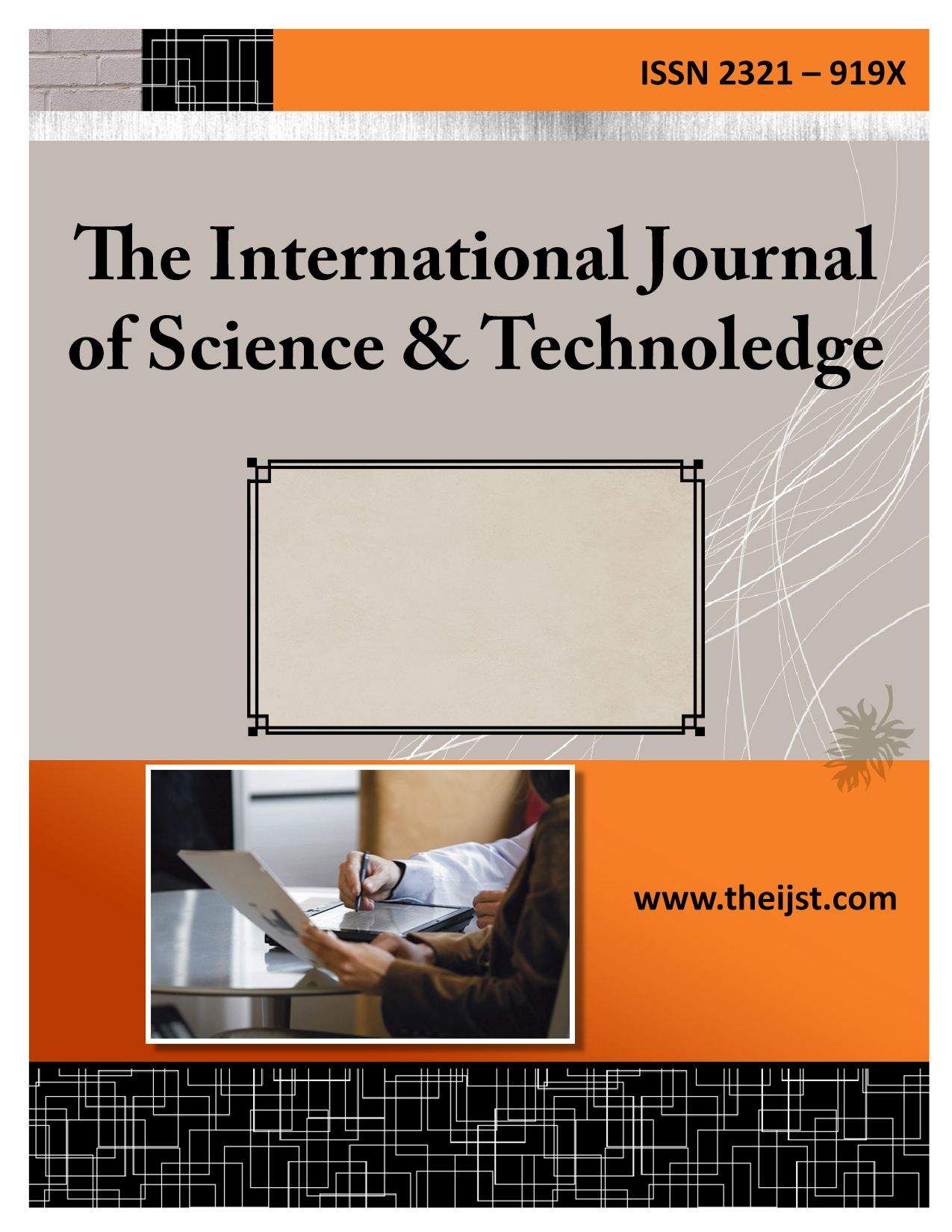Academic life can be a difficult choice, which demands enormous dedication and commitment, but it also exerts a lot of pressure on the brain, strains the nerves, and stresses the heart. The combined effect of all this is that we need to go through a lot of emotional turmoil as we pass through the life of an academician. Attuning the mental health to suit work environment is the biggest challenge; stress may over burden us during journal call for paper, during fund requests, seminars, academic speeches or even project placements. Disappointment is also quite common when others are earning and we don’t because we choose to research, every time we fail to get a position, achieve certain findings or adjust with our colleagues. Day to day criticisms and comparisons are also very harmful for our mental and emotional health. Therefore, it becomes critical to manage the mental well being while working in an academic world.
Here are 7 ways how you can improve your academic mental health-
- Social Connectivity– Networking is important in an academic world as it is in regular world, just for different reasons. Proper social network keeps you updated in an academic world. It helps you in your professional and personal development, as we had discussed in our blog on the importance of collaboration. Social connectivity gives you creative ideas, helps you collaborate and share your visions, find projects and fundings, and get exposures to influential people. Social connectivity also gets you friends with whom you can share your joy of achievements and pain of failures, as they are in the same academic world, who can relate with your feelings. Hence social connections can improve your mental health.
- Ignore Social Criticisms– Just like social connections are important for good mental health, they can be parallelly detrimental to the same. When friends and family criticize you for not earning a six-figure salary like other people of your age group, it develops self-doubt. You might want to avoid such negative associations. It is important to reassess your life objectives, and why you do what you do, which can give you back your self-worth. The way you value yourself is much important than what others think about you. Hence, reassure yourself that your academic achievement is integral and valuable to your development as a person, and ignore when others criticize you, to be in good mental health.
- Be Kind to Yourself– These are basic measures of maintaining good mental health. Self-criticisms also spike in time and again. We feel we are worthless, especially when our mates and colleagues move up the ladder quickly, but we are not able to make an impressive mark with our research studies. Frustration also creeps in when we fail to get desired results even after multiple data analyses; we are not able to finish the research submission to journal call for paper, on time. But we need to stop beating ourselves all the time. We must learn to comfort ourselves if we have to progress successfully. It is OK to be late at times, it is OK to fail if we have tried our best. We should always remind ourselves that it is good enough to try with honesty. If we allow self-criticism to kill us, we will never get the enthusiasm to continue our academic work, so be kind to yourself.
- Practice Gratitude– Be thankful to your teachers, your mentors, your academic coaches, your professors, your lab technicians, your research guides, your investors, your friends, your teammates and every person small or big, in your academic career. Practicing gratitude is the biggest step to strong mental health. Thank God for whatever you have been able to accomplish; think that there are many who are unfortunate enough not to even have what you have. Gratitude helps you re-evaluate your objectives and goals in life, your purpose and all the way you have come in your journey.
- Eat Healthy– Good diet is important for everyone to stay in good physical and mental health. Fresh green vegetables, nuts, good fat, etc. are beneficial for good physical and mental health. Salmon, eggs, and almonds are rich sources of Omega-3 and vitamin B which boosts positive hormones in the brain. Alongside, greens like spinach, celery, broccoli etc. cleanses the body. This helps maintain a balance between the body and mind, re-energizes us so that we can complete our journal call for papers, effectively.
- Physical Activity– Exercise is important for everyone, in any profession that you are. Especially if you are in the academic world, load of finding samples, interviewing them, and executing analyses on time puts a lot of pressure on an individual. You need to find out at least 30 minutes in the day, to exercise to rid yourself of stress, anxiety and depression from failures and criticisms. When you are in free mind, you can collaborate, think and create significant scientific papers.
- Focus on the Present– You may have had failures in the past, you may be planning something more ambitious for your future, but your present is your reality. Don’t procrastinate on what will happen to you after your PhD thesis; don’t look back at what better you could have done, attend to the work at hand, and focus on your present; that is the key to mindfulness, and good mental health.
Being in good mental health is key to being successful. Academic excellence in the research career is also no different. Maintaining sanity is the first thing to be organized and execute your role as a researcher, therefore it is important to follow the above steps and be mentally healthy in the academic environment.










